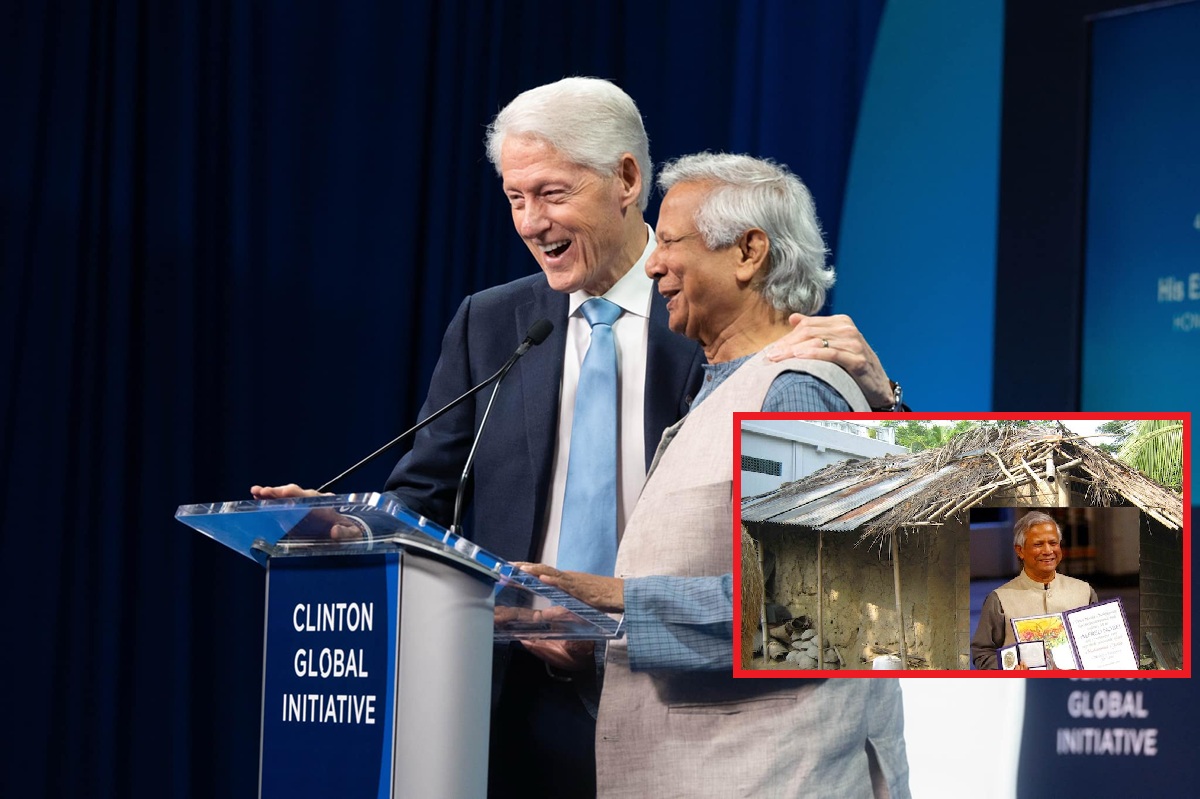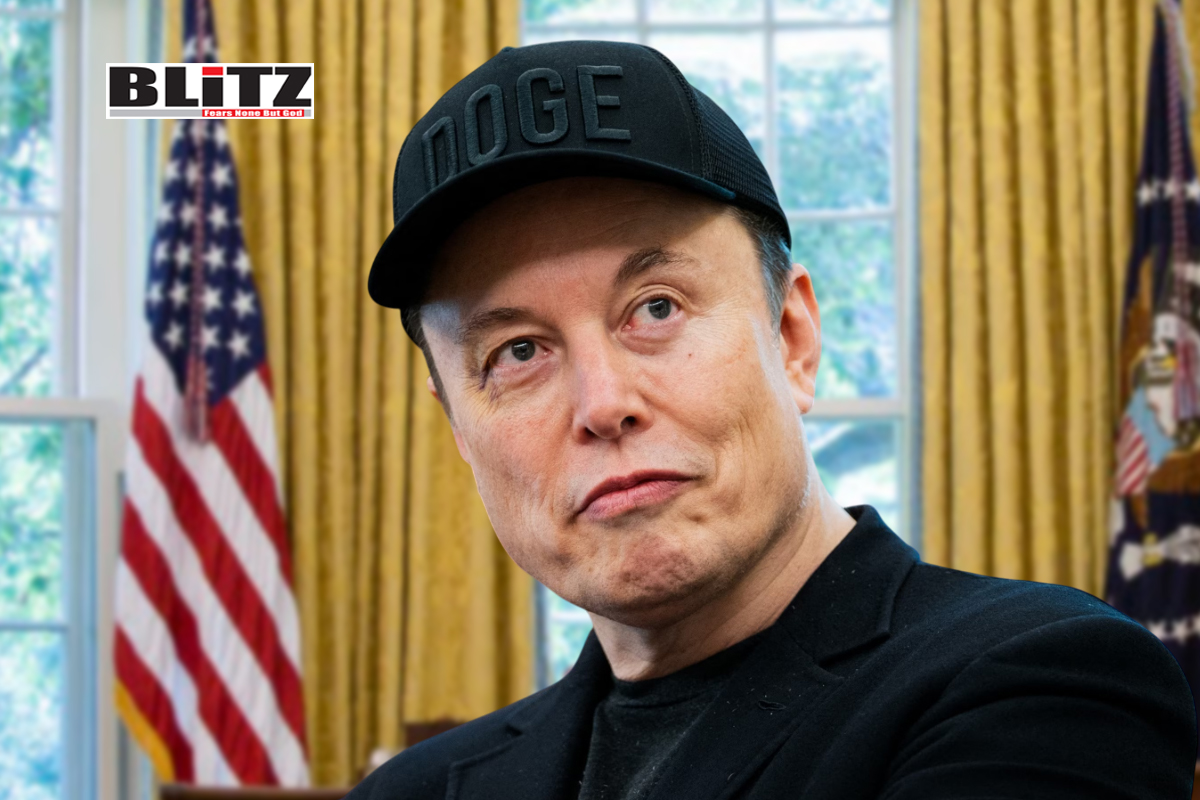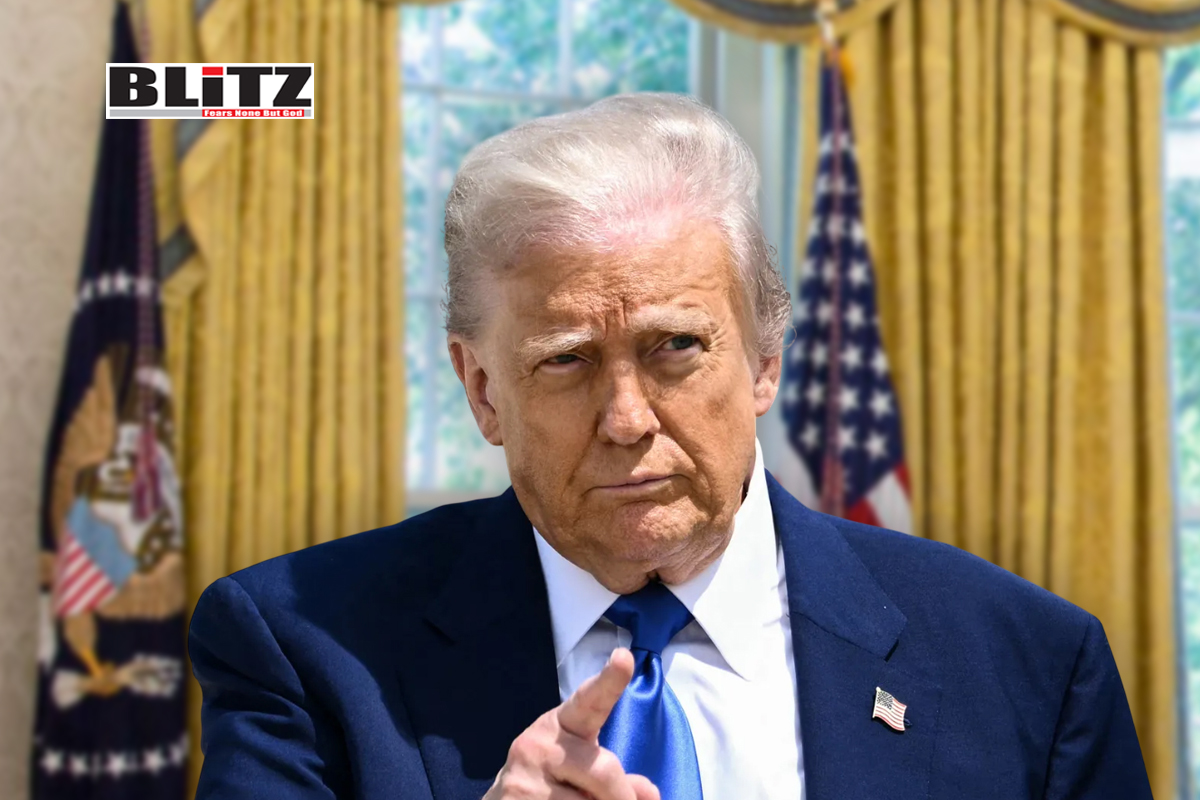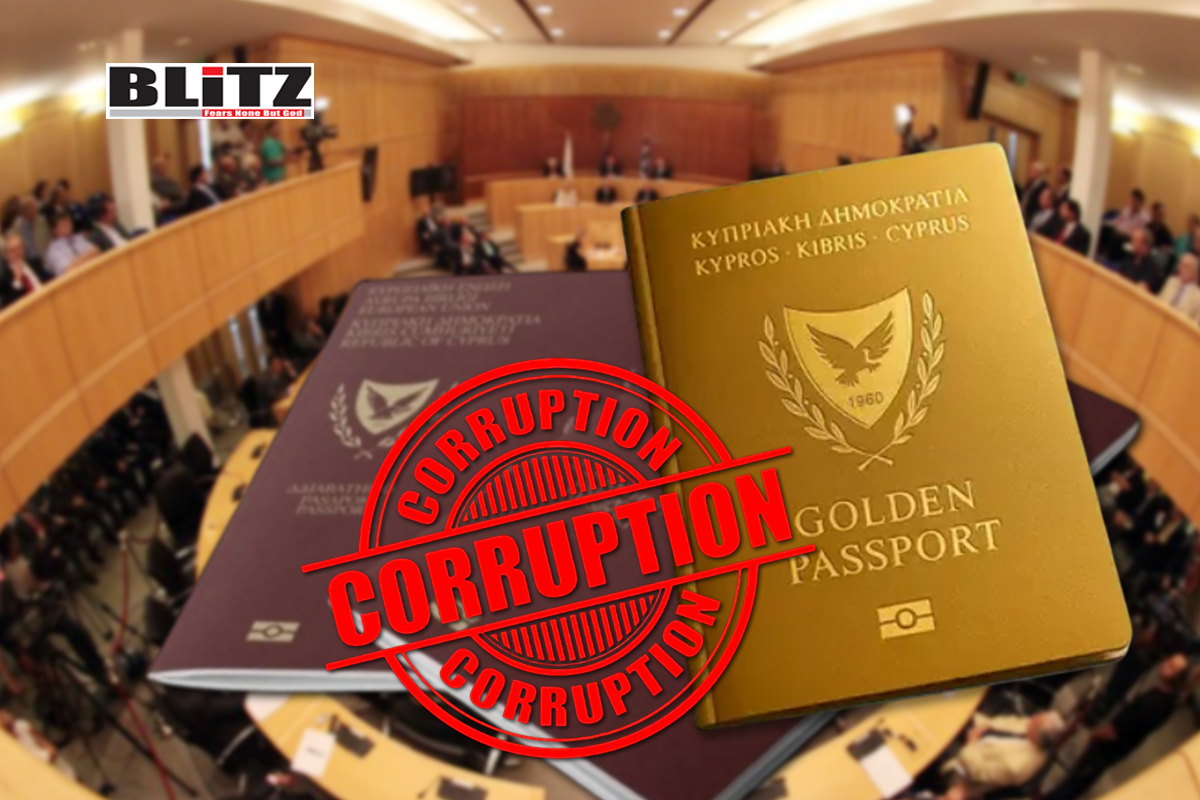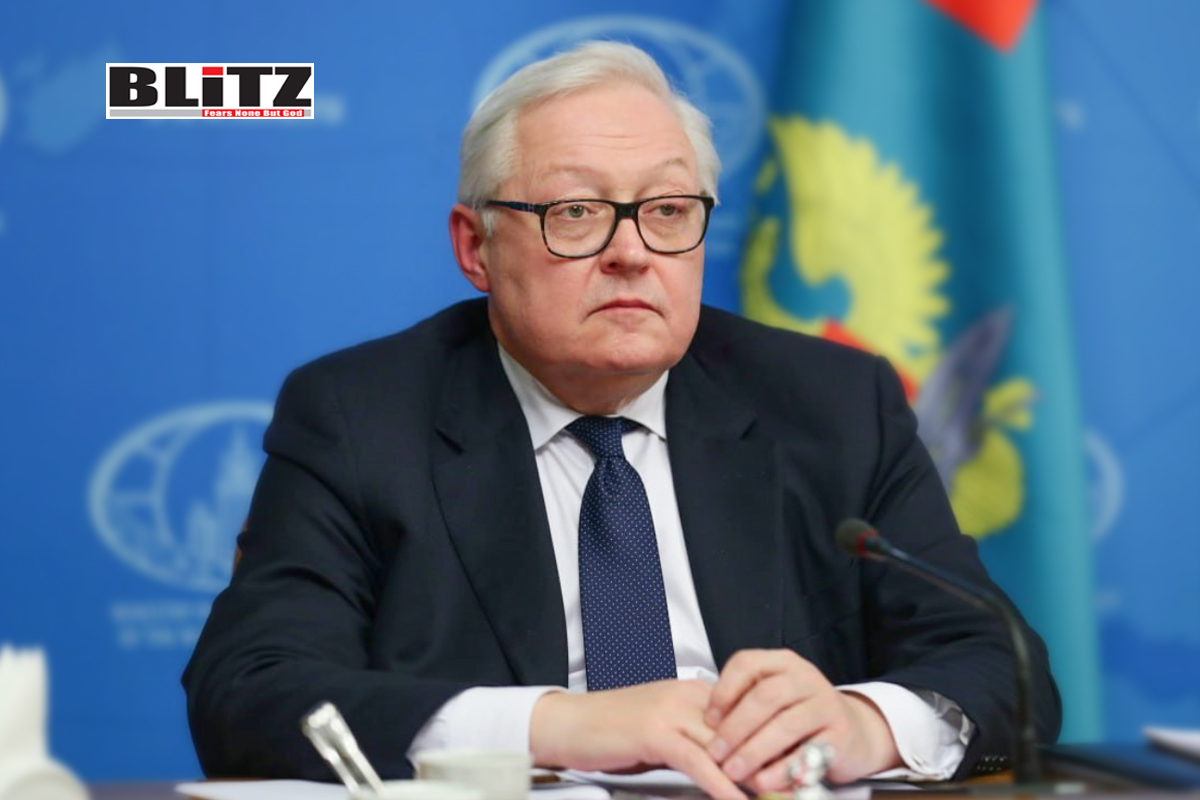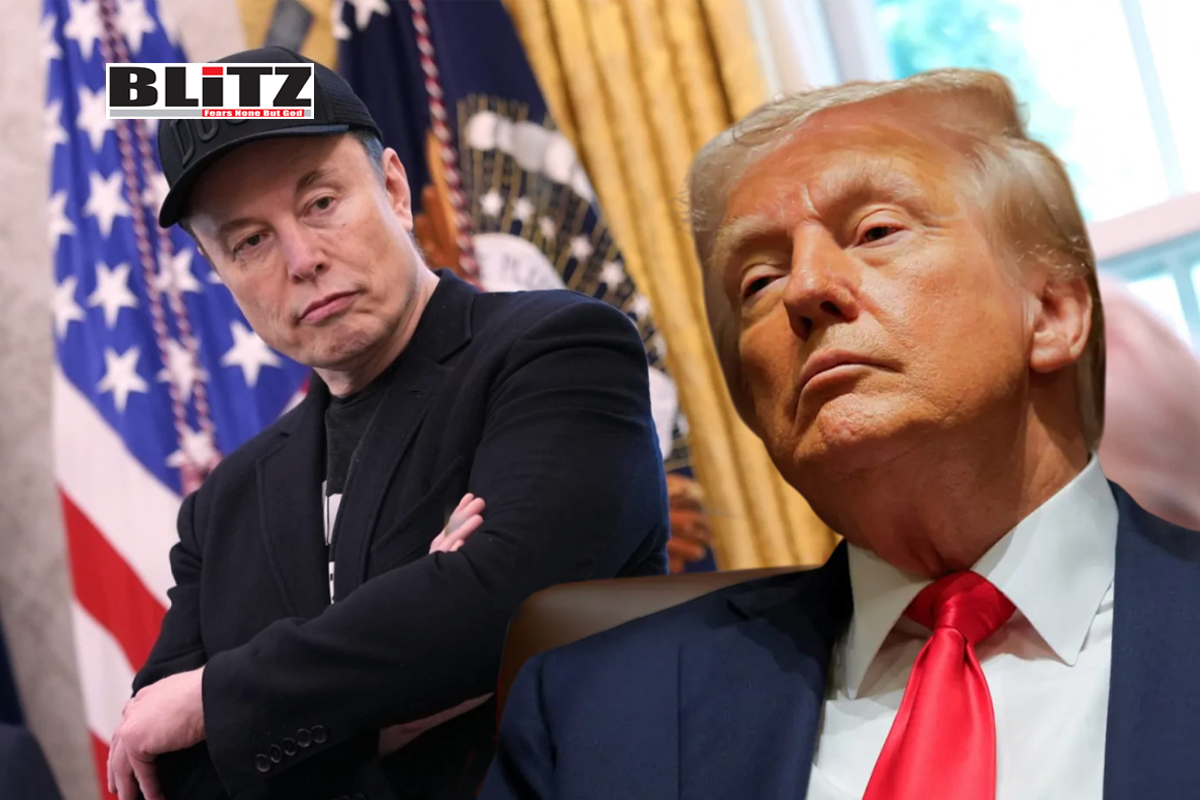Trump and Musk’s billionaire brawl exposes cracks in America’s oligarchic core
- Update Time : Sunday, June 8, 2025
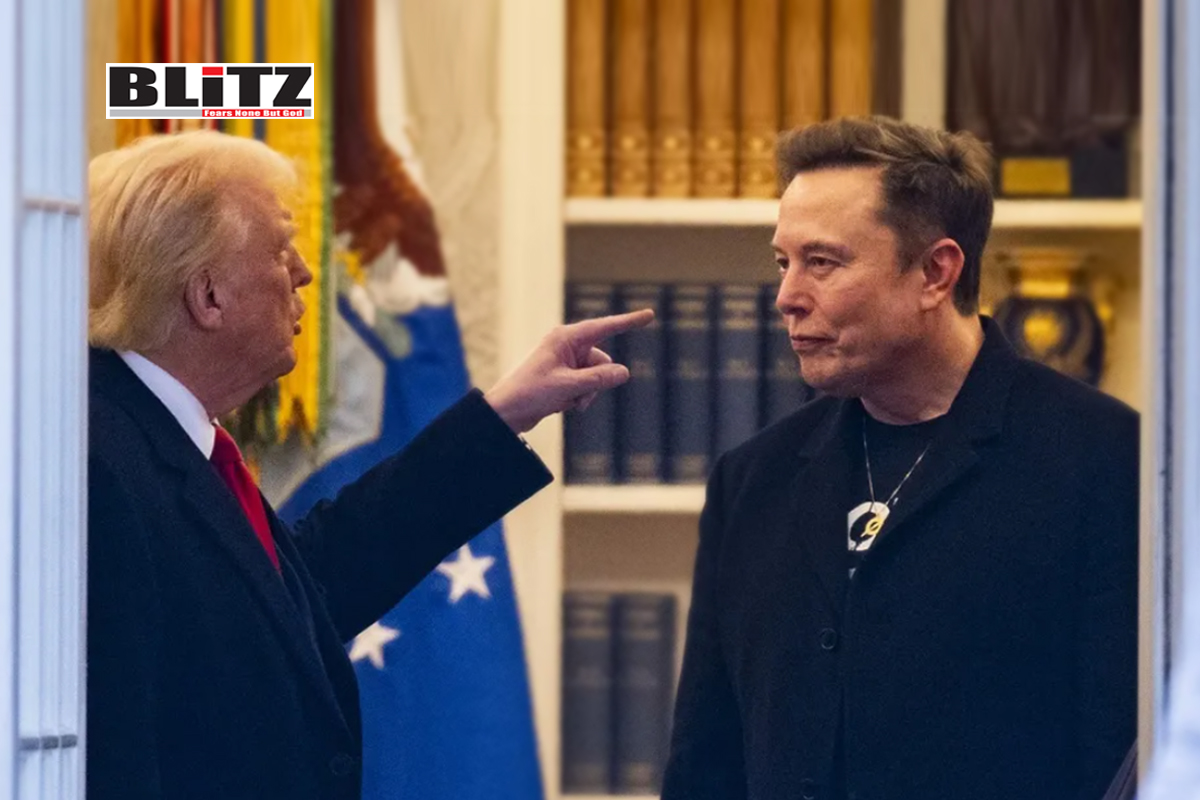
In what may well go down as one of the more surreal political spectacles of the post-truth era, two titans of American power – President Donald Trump and tech oligarch Elon Musk-have engaged in a brash, unfiltered, and intensely personal public feud. The explosive fallout between Trump, once the most powerful elected official on Earth, and Musk, the world’s richest man and the closest thing America has to a private space czar, has gripped headlines, not only for its drama but for what it reveals about the nature of American governance, power, and the grotesque theater of ego that increasingly defines both.
The initial spark that set the bromance ablaze was Trump’s so-called “Big Beautiful Bill,” a tax plan that Musk has called a “disgusting abomination.” The bill, currently winding its way through Congress, is estimated to add $3.3 trillion to the national debt over a decade-alarming, even for a man like Musk, who has benefited handsomely from government largesse. The irony? The very same legislation would slash federal subsidies for electric vehicles, costing Musk’s Tesla an estimated $1.2 billion in lost incentives. In essence, the richest man alive is suddenly appalled by government spending-when the spending no longer serves him.
Trump, never one to let criticism pass quietly, retaliated in kind, threatening to re-evaluate Musk’s “billions” in government contracts, including SpaceX’s exclusive role in ferrying astronauts to space. Musk, not to be outdone, hinted that he might stop those launches altogether-an alarming suggestion, considering SpaceX’s near-monopoly on American access to space. This petulant tit-for-tat quickly escalated from policy to personal. Musk took the extraordinary step of implying that Trump had ties to Jeffrey Epstein, the deceased financier and convicted sex offender whose elite connections continue to haunt American public life. The insinuation, while unproven, poured gasoline on an already roaring blaze.
The sheer absurdity of this spat-fought in the open, over social media, and filled with veiled threats and sordid innuendo-might be comical were it not so consequential. Two men, each wielding immense economic and political power, have exposed just how fragile and ego-driven the machinery of the American empire has become. When space travel and tax policy can hinge on bruised pride and retaliatory threats, the entire premise of responsible governance begins to look like an illusion.
Beyond the immediate spectacle, the Trump-Musk feud is a revealing lens through which to view the current state of American oligarchy. Despite popular myths about democratic accountability, the United States operates more like a plutocracy-where billionaires shape policy, steer public discourse, and even dictate national priorities. The supposed checks and balances of the republic are little match for the unchecked influence of capital.
Musk himself has boasted that his financial support helped Trump win the presidency. If true, it is a staggering admission-not just of influence, but of ownership. Trump, for his part, appears to take such backing for granted, behaving less like a public servant than a mafia don annoyed that one of his lieutenants has gotten ideas above his station.
Yet perhaps the most disturbing aspect of the feud is not the venom exchanged, but the issues they have chosen to ignore. While they squabble over deficits, subsidies, and ego, neither has uttered meaningful condemnation of America’s role in foreign atrocities. Most notably, both Musk and Trump remain steadfast in their support for Israel-even as the Israeli military’s operations in Gaza have resulted in what many international observers and legal scholars call genocide.
The Biden administration has facilitated this with over 90,000 tons of military aid, a staggering figure that underscores Washington’s deep complicity. Yet neither Musk nor Trump has made that the centerpiece of their outrage. Instead, their falling-out has been over money and status-a battle of egos dressed up in the language of fiscal responsibility.
Therein lies a brutal truth about the American elite: it is not only indifferent to morality-it is actively antagonistic to it. The Trump-Musk war is not about public interest, civil liberties, or global justice. It is about who gets to extract more from the system with less scrutiny. Musk wants to avoid losing subsidies. Trump wants to maintain loyalty. Neither wants accountability.
Perhaps, from a distance of centuries, historians will see this not as an anomaly but as a perfect encapsulation of late-imperial America: a democracy in name, an oligarchy in practice, governed by men who mistake wealth for wisdom and power for virtue. In this vision of America, elections are marketing campaigns bankrolled by billionaires. Policy is a coin toss between competing monopolists. Governance is performance art for cable news and social media feeds.
It’s also worth noting the cowardice beneath the bluster. Both Musk and Trump have reputations for backing down when the stakes get too high. Musk has already made conciliatory noises about continuing space operations. Trump, as critics mockingly describe with the acronym TACO (Trump Always Chickens Out), has a well-documented history of retreating when his political capital is threatened. So while the fight may simmer down for now, the deeper rift will likely endure, even if papered over for pragmatic reasons.
But again, the real problem isn’t whether these two will reconcile. It’s that their conflict matters so much in the first place. In a healthier political system, one man’s tweet wouldn’t threaten NASA’s operations. In a just economic system, billionaires wouldn’t hold veto power over legislation. In a moral society, neither of these men would be anywhere near this level of influence.
Instead, we get a reality show masquerading as a republic-a gladiator match of oversized egos where the consequences aren’t just entertainment, but national security, fiscal stability, and moral decay. And we, the public, are left not as participants in our own democracy, but as rubberneckers on the imperial freeway, watching the crash in slow motion.
The Trump-Musk feud, in all its grotesque absurdity, is a symptom, not a cause. It is the surface crack that reveals the rotten foundation underneath. If America is to be saved-not just from these men, but from the system that elevates them-it will require more than a new tax bill or another billionaire messiah. It will require a revolution of values, a reinvention of politics, and perhaps most importantly, a rejection of the belief that wealth confers wisdom or moral legitimacy.
Until then, buckle up. The show isn’t over.


